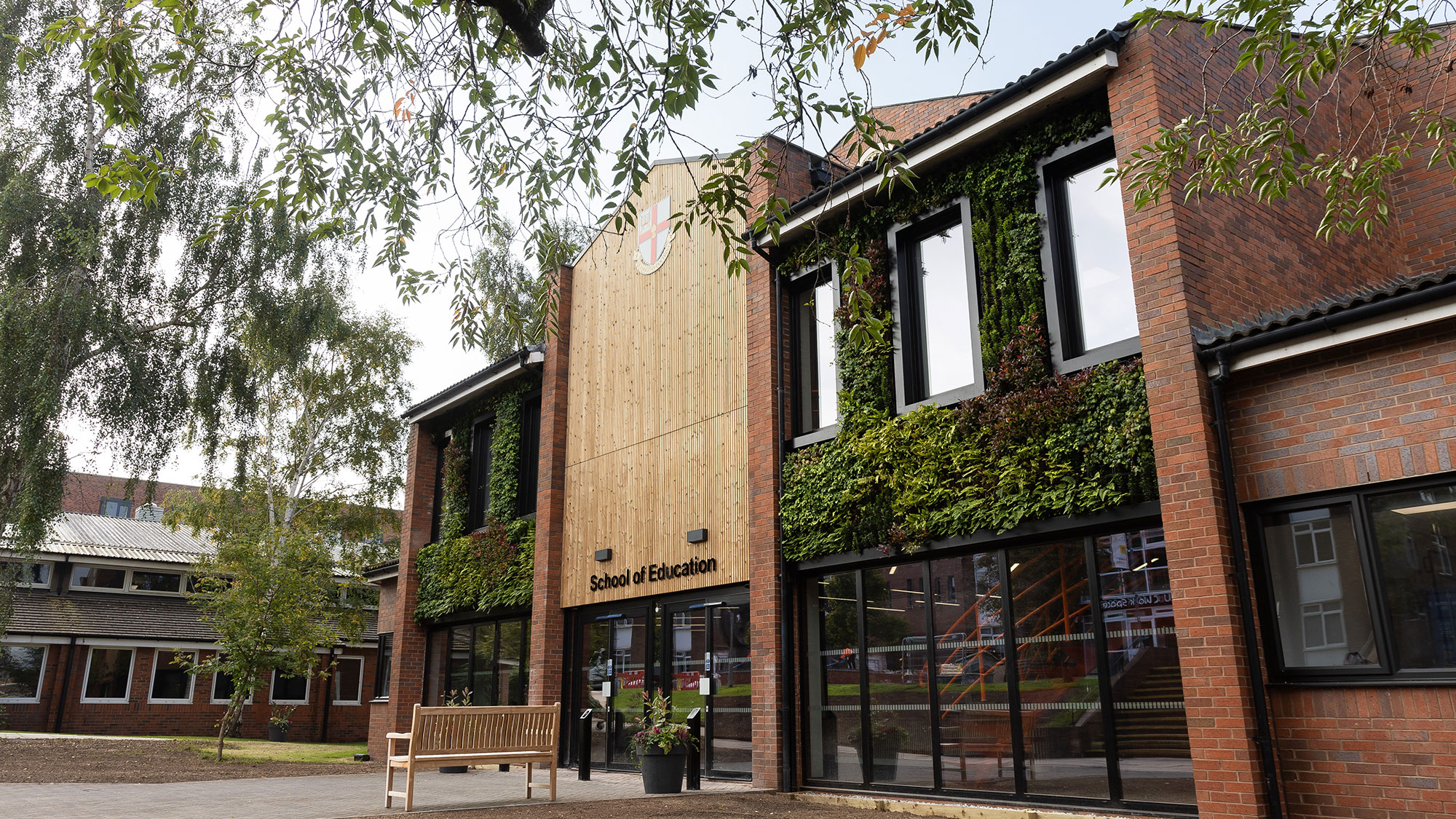What do we mean by ‘active bystander’?
An active bystander (or upstander) means being aware of when someone’s behaviour is inappropriate and choosing to intervene and offer assistance.
Barriers to being an active bystander
There are several reasons why people don’t act to help when they witness crimes or incidents involving violence, intimidation, harassment or hostility:
- They fail to notice the crime or incident – they may be distracted or see things on such a regular basis that they become immune to the incidents happening around them
- They fail to recognise the seriousness of the event
- They fail to take any personal responsibility – assuming that someone else has already called for help or is helping so they don’t need to do anything
- They lack the knowledge or competence to offer appropriate help and worry about being judged on their actions
- They are concerned that if they intervene, they could put themselves in danger
- They fear legal consequences
- They lack empathy – it’s not happening to them or anyone they care about. This may also be due to unconscious bias – which can make people less likely to help when those in need are perceived as different from them
- They question whether they have the authority to get involved
How can we be active bystanders?
- Don’t expect others to be the first to act
If you are with others when you witness a crime, your first instinct, and that of the others around you, might be to not intervene. Once someone helps, then others will join in because a new social norm emerges. Be that person who takes the first step.
- Take responsibility to do something
If you’re in a position to help, tell yourself this is now your responsibility. Don’t be influenced by other people who aren’t doing anything. Try not to worry about the consequences of helping.
- Encourage others to get involved
Be an influencer. If you need assistance, ask particular people near you to do specific things. Look them straight in the eyes or single out someone by a distinguishing feature – e.g. blue jumper, glasses, pink face mask – and ask for their help. By directly asking someone, there is a good chance they will feel a shared responsibility and take some action.
- Empathise with the victim
People are more likely to help if they identify with a victim. Try imagining the victim is someone you love and ask yourself what you would like others to do to support them in those circumstances.
- A small act of kindness can make a big difference
Asking “Are you okay?” when it’s safe to do so, lets the victim know that you acknowledge what happened to them was unacceptable. This can be reassuring for the victim.
- Call for support
If it is not safe to intervene, call the University’s Security team on 01244 511541 or in an emergency call the police on 999.
For more information on bystander intervention, please visit the Neighbourhood Watch website.


